Football clubs and trade marks: Badge of origin or mark of allegiance?
In the world of sport, football clubs are arguably the biggest names around. The likes of Arsenal, Manchester United and Liverpool dominate the back pages and spark debate in every pub in the land.

This enormous fame transcends the sport itself, and generates huge revenue through the sale of merchandise.
The clubs have grown into brand names with huge value and reputation, in particular when it comes to replica shirts and other clothing items.
A trade mark is a sign under which goods and services are provided to the public, and it indicates their source. It works as a badge of origin, if you will.
Football clubs sell merchandise under various different trade marks, such as the name of the club, its nick-name, its official crest and even popular slogans.
These marks indicate that the products are official and come from the club itself, rather than from inauthentic or lower quality third parties.
From football shirts and scarves to magnets and mugs, clubs generate a huge revenue stream from the sale of such official products. It is therefore not surprising for them to want to limit the use of their brand by third parties, just like any business.
However, unlike a regular fashion business, most of the customers for a football club’s merchandise are their fans, whose relationship with the brand goes a lot deeper than simply being a consumer.
Fans are, by their nature, passionate, and sometimes their love of their chosen club throws up some interesting legal challenges.
The landmark case that left Arsenal feeling invincible
In general, selling your own goods under someone else’s trade mark without their permission would be trade mark infringement, but what about when the goods have the trade mark on as a show of support?
Should it be possible for fans of a football club to buy unofficial tops with the club’s name on the front when they just want to back their team?
In 2003, the case of Arsenal v Reed[1] came to a close as Arsenal FC won a four year legal battle with a longstanding street vendor who was selling unofficial football merchandise bearing Arsenal’s registered trade marks.
Arsenal FC claimed that the vendor was infringing their trade marks and passing himself off as being connected with the club.
The vendor, who sold unofficial football shirts, scarves and various souvenirs, claimed he used Arsenal FC’s trade marks as a “badge of allegiance” to the club, not as a trade mark to indicate the origin of the goods.
There was truth to this – the vendor wasn’t selling his products pretending to be Arsenal FC or falsely labelling the products as official.
However, after going through the High Court and the European Court of Justice, a decision was made in Arsenal FC’s favour in the Court of Appeal, which found that while the trade marks on the goods are considered to be badges of allegiance, they undermine the ability of a large number of consumers to correctly understand the origin of the product.
Therefore, this amounts to trade mark infringement.
Harsh decision?
It can appear that way. After all, the vendor was just a devoted Arsenal fan selling a variety of shirts, scarves and souvenirs to other fans.
Football clubs make millions in merchandise revenue each year (a number of top flight clubs made around £100 million in 2022 alone) so surely, the small scale trading activities of a handful of individuals wouldn’t cause any real financial damage, especially when it serves the fans and keeps them supporting the club?
This situation is unique to sports clubs where their customers are also their passionate fans. They want to show their support to the “brand”, without necessarily buying from the club’s commercial arm.
While dupes exist in every sector, the argument that infringement is acceptable if it shows support does not exist in the rest of fashion.
It would not make sense, for instance, to argue that it should be permissible to sell tops with the names of Italian fashion brands on the front, just so people can show their support for that fashion brand.
The ultimate answer is that football clubs own their registered trade marks and have just as much right as any other business to enforce them against infringers – even if the infringers are their own fans!
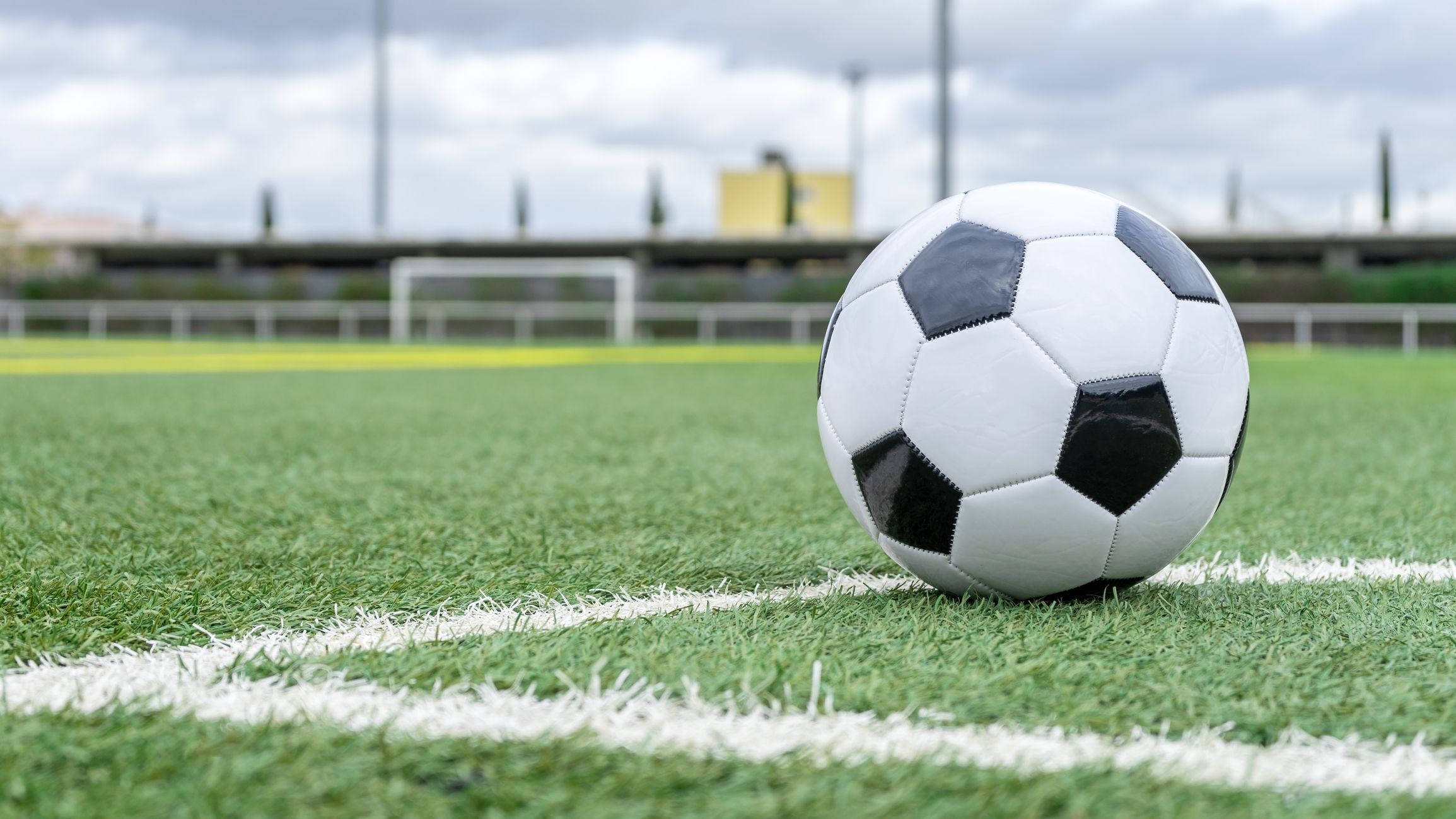
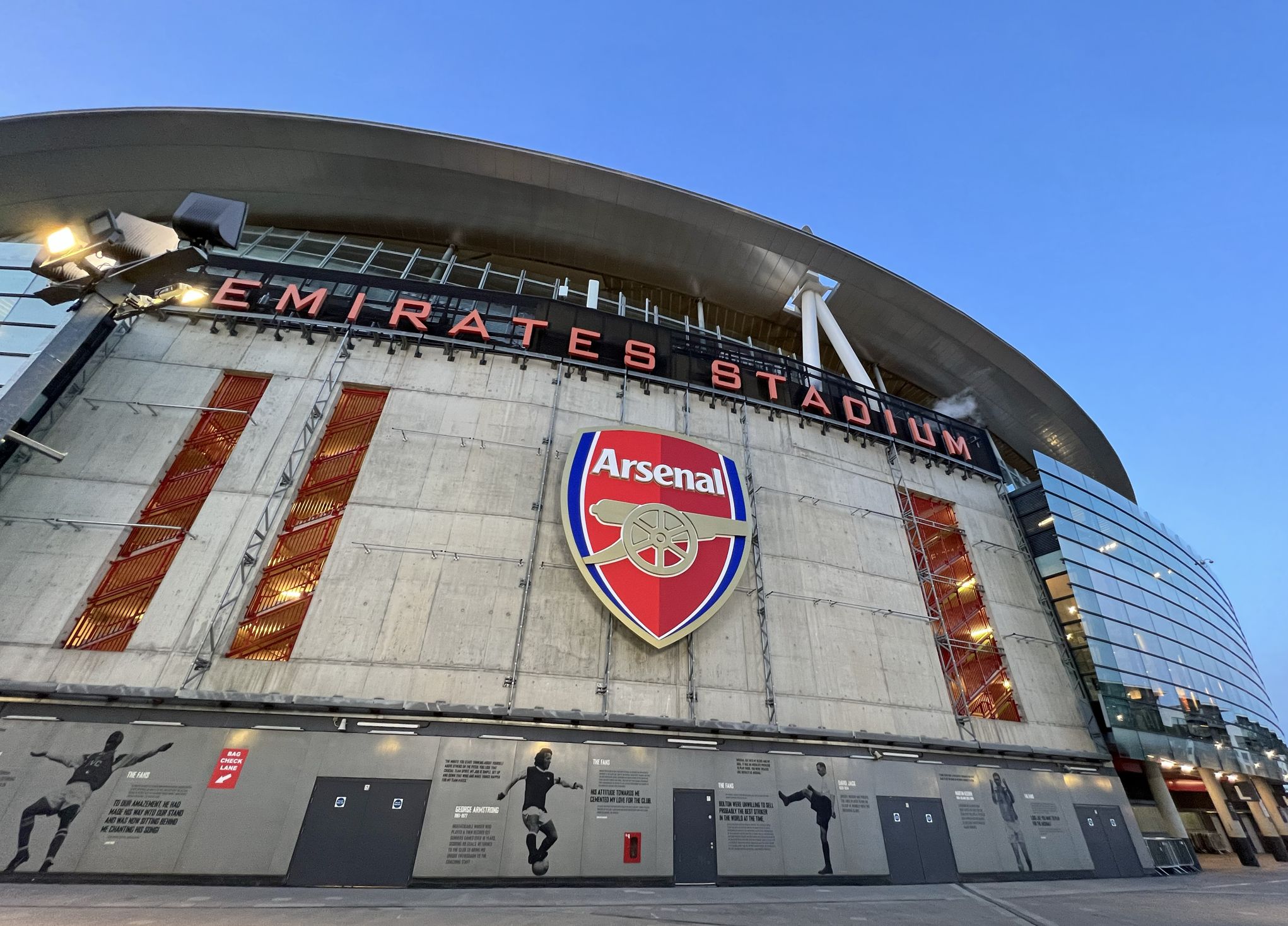
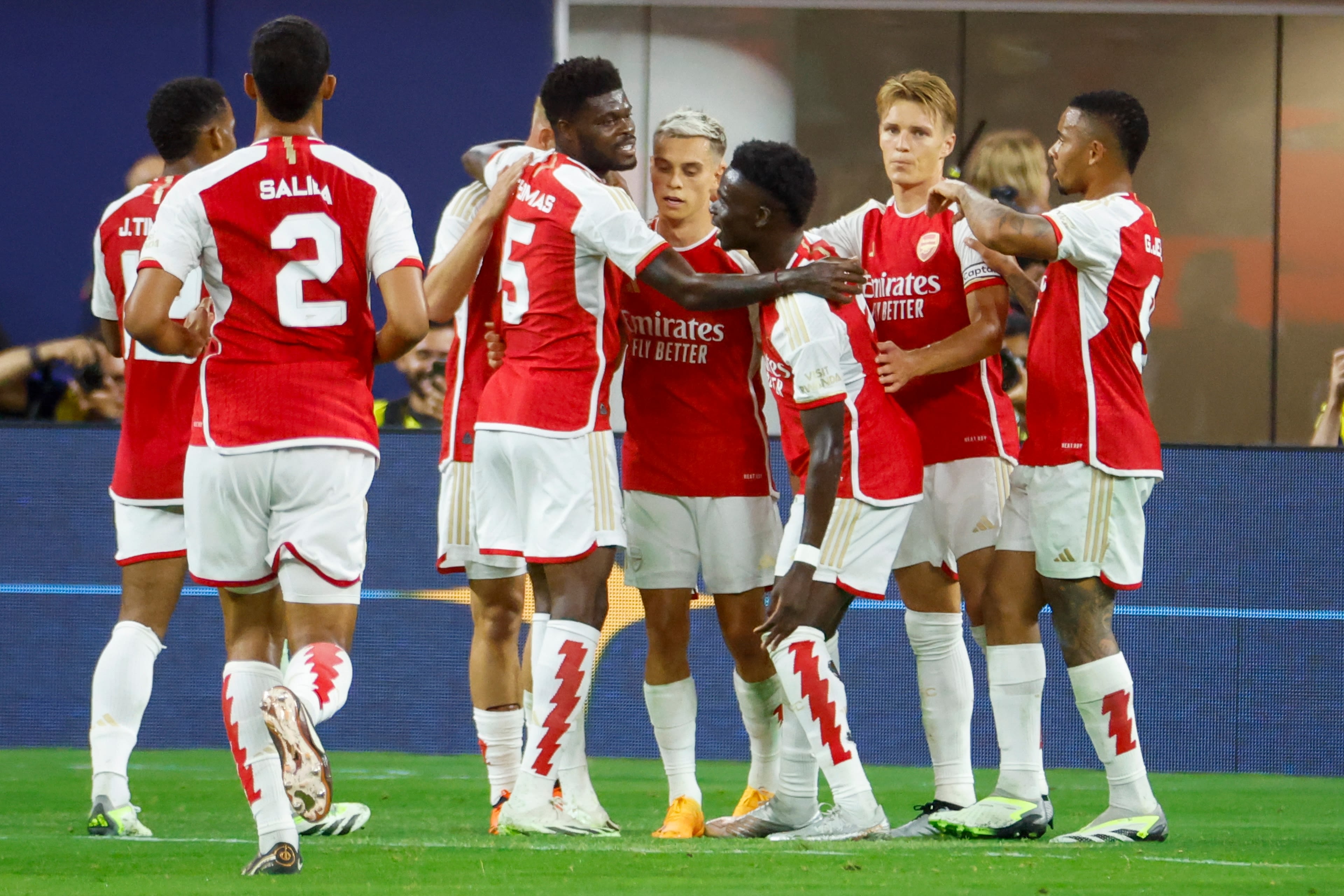
Possession is key
Unlike a typical consumer of general fashion items, football fans like to sing and chant about their club. This then begs the interesting question of who might own any fan generated slogan or catch-phrase.
“We’re all Wednesday – Aren’t We?” is a popular chant and slogan, which has become synonymous with Sheffield Wednesday FC.
The acronym “WAWAW” is widely used by fans on social media to show their support and allegiance to the team. However, the club has also used the acronym on official merchandise, match day programmes and various other promotional materials.
While a slogan is not being commercialized, or remains fairly obscure, there are not likely to be any issues. However, once the slogan itself is perceived to hold value, claims of ownership may then be made. This is when problems may arise.
In 2018 a fan filed a UK Trade Mark Application for “WAWAW” for various types of merchandise, clothing and tobacco products.
The application proceeded straight through to registration without any challenge from Sheffield Wednesday FC or any other third parties. The registered trade mark gave its owner the power to stop the club from using “WAWAW” on merchandise and promotional materials, and it also meant that the club would have to pay damages to the owner of the mark for any infringing use on any such articles!
The club initiated invalidation proceedings against the application, claiming that it should have never been registered in the first place. The precise grounds of the invalidation are unknown, but it is likely that the club claimed they had unregistered rights in the mark, due to the fact that they had made extensive earlier use of it.
The matter was settled in 2020 and the mark was transferred over to Sheffield Wednesday FC. This was a concerning moment for the club and if the case hadn’t been settled, they would have had to stop using “WAWAW”, which was already so popular and loved by the fans.
It is therefore very important for clubs to recognise the value of fan catch-phrases and slogans, and to ensure that trade marks are formally registered as soon as possible and properly protected under the law, particularly where the public are already aware of the marks. These are not problems faced by normal fashion brands!
Manchester United thought SEGA made a clear error
Football clubs objecting to the unauthorized use or registration of their trade marks is easy enough to understand.
It gets a little confusing when they also claim that not using their trade mark can equally amount to an infringement.
In 2020, the case of Manchester United v SEGA saw Manchester United FC initiating trade mark infringement proceedings against the Japanese video game company SEGA, the creators of the popular computer game Football Manager.
The football management simulation game uses the real names of football clubs but does not always feature their official crests.
Instead, players can use one of the generic template logos from within the game as the club crest.
As part of Manchester United FC’s claim, they argued that this deprived them of the right to license their club crest, making the novel argument that consumers expect to see the crest next to the name Manchester United and that failure to do this is equal to improper use.
This is a rather subtle aspect of football club branding in particular.
The dispute was settled between the parties so we cannot know how the High Court would have responded to such a claim but it certainly was an unusual argument.
Football Manager does not pay for licenses so Manchester United FC would not have seen any financial gain from the use of the official crest in the game.
However, it creates the impression that if the game was going to feature the club, they would much prefer to be represented properly, particularly if this is being done for other clubs.

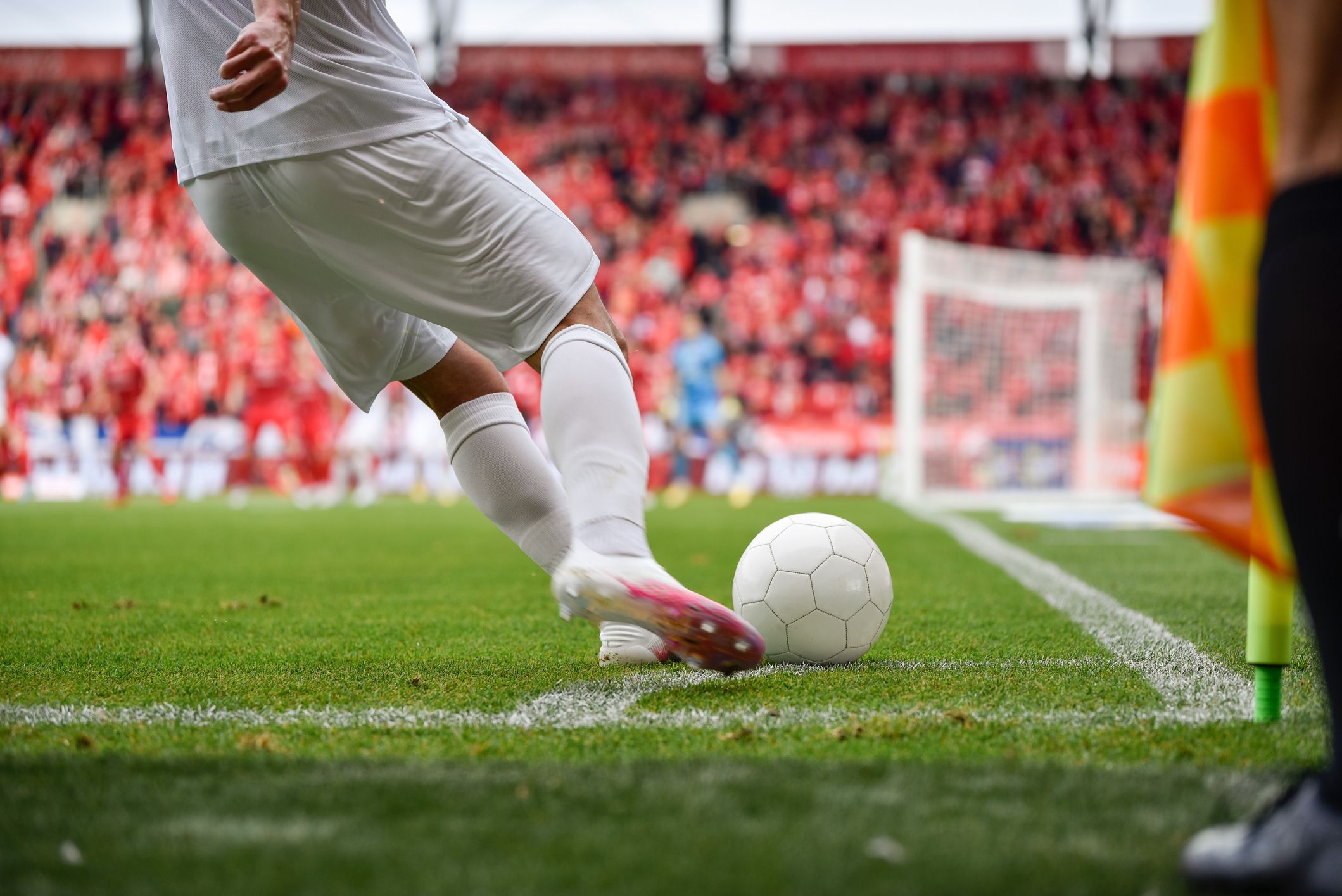
Own goal going after supporters?
The main problem for football clubs in enforcing their rights is that they inevitably have to target their own fans.
Both Arsenal and Sheffield Wednesday had to contend with that fact, and therefore faced the unenviable prospect of having to risk their reputation with their most loyal supporters if they wanted to enforce their rights.
Once again, this is something which sets football club trade marks apart from normal fashion brands: fans contribute to the spirit and identity of football clubs, and third parties such as SEGA give the public other ways to access and be involved with their teams.
It is therefore important for clubs to strike the right balance between keeping tight control of their trade marks, while allowing others to have their own commercial activities based on the club itself.
Clubs need to ensure that their IP is used and exploited properly, and this starts with registering their trade marks early on and maintaining a strong brand portfolio.
In terms of allowing others to use their marks, they can utilize licensing agreements with carefully drafted terms that benefit and protect all involved parties.
It’s better to resolve these matters amicably and save the rivalry for the pitch.
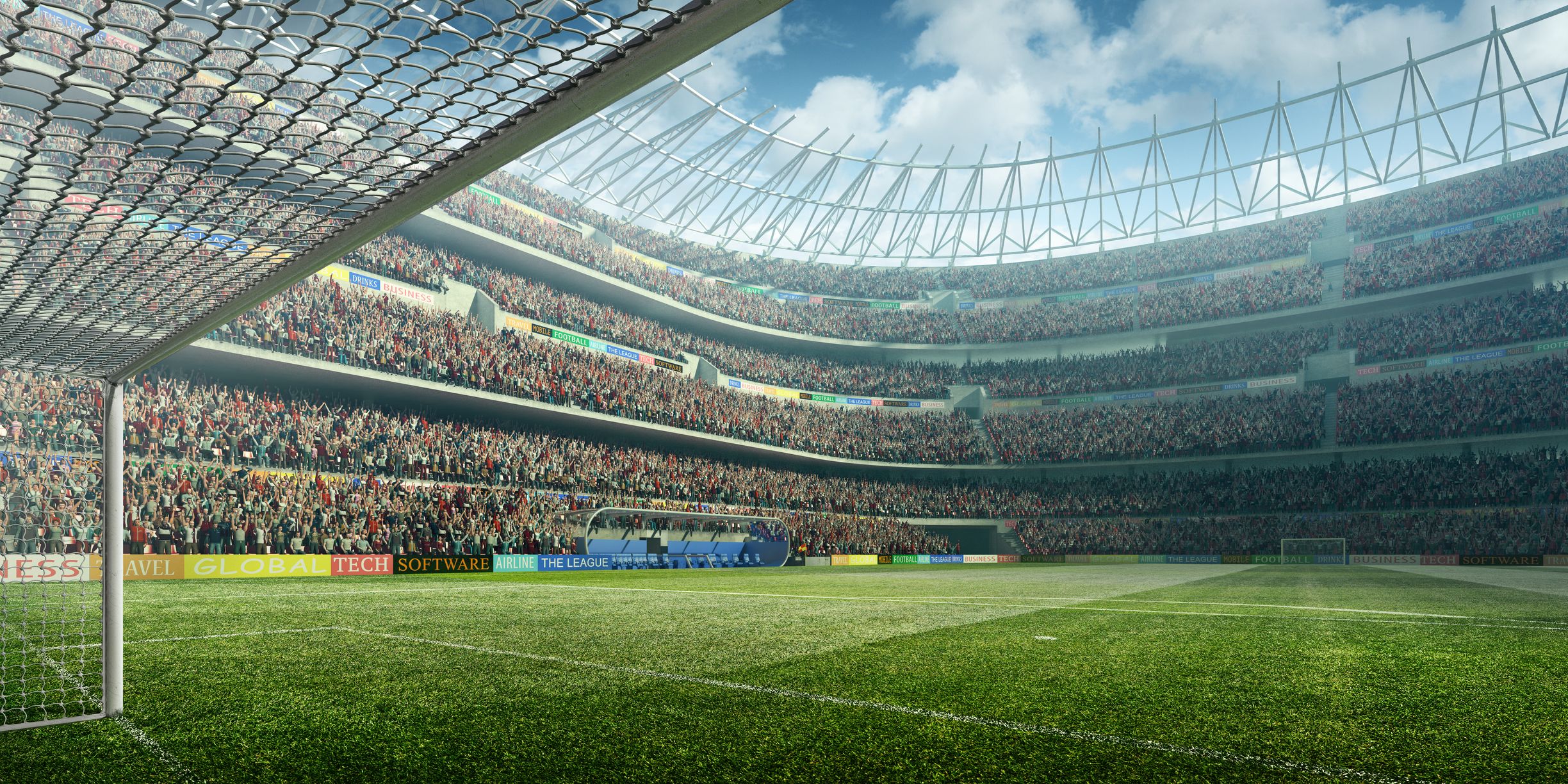
Learn more about protecting your IP:

Authored by Natasha Bamu, a Chartered Trade Mark Attorney at Baron Warren Redfern.
natasha.bamu@bwr-ip.co.uk
